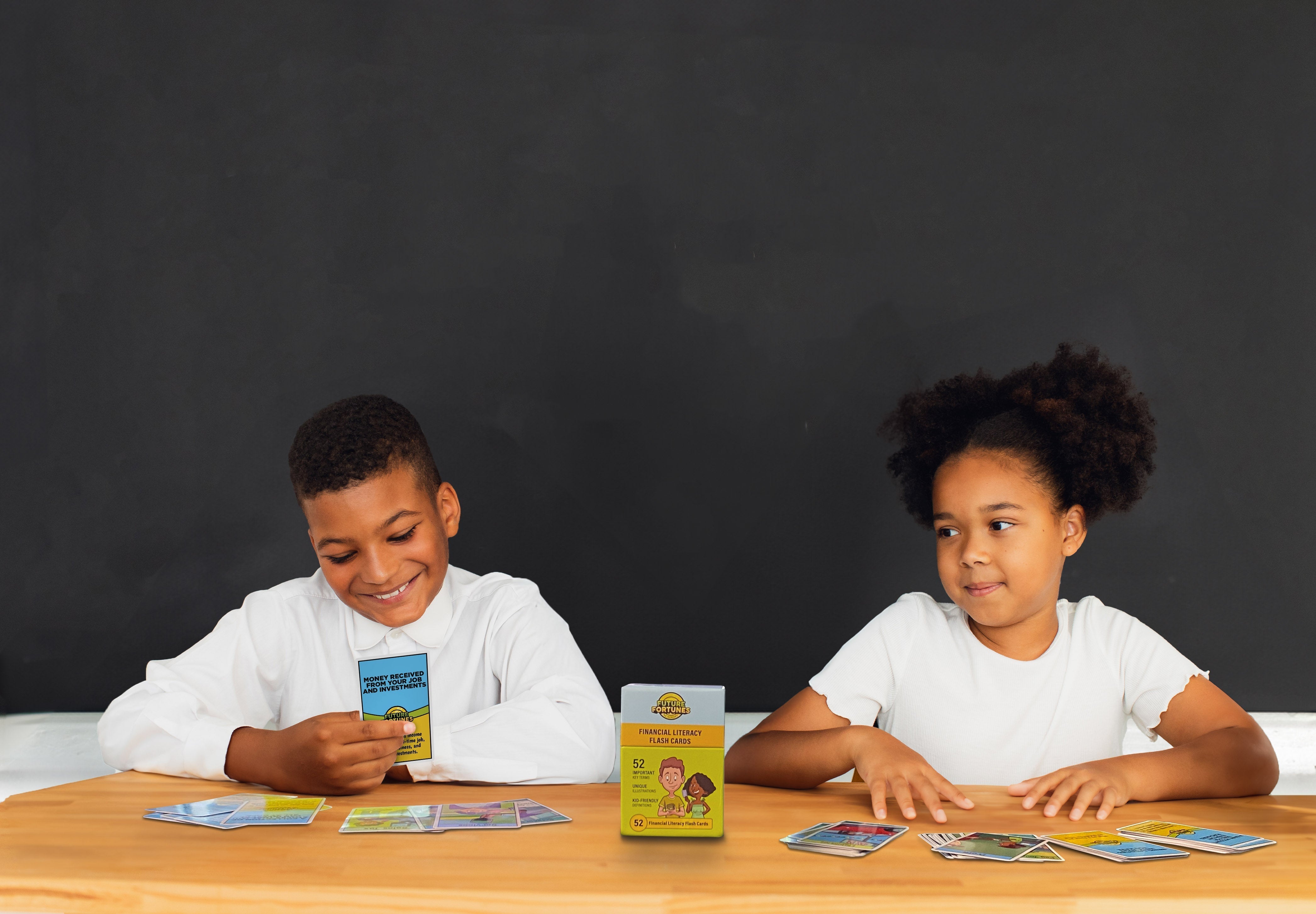Why Financial Education Matters for Children
When it comes to preparing kids for the future, financial education for kids is one of the most powerful gifts parents can give. It’s not just about teaching numbers - it’s about building confidence, making smart money choices, and giving children the tools to create secure, successful futures.
Too often, money lessons come late in life, leaving young adults overwhelmed by credit, debt, or poor spending habits. By teaching money skills to children early, we can set them up for success long before they face real-world financial decisions.
The Benefits of Teaching Kids About Money
Children are natural learners - they soak up knowledge like sponges. When you introduce financial literacy for kids at a young age, they begin to form healthy money habits that can last a lifetime.
Here are a few key benefits:
-
Better decision-making skills: Kids learn to separate needs from wants.
-
Confidence with money: They understand the value of a dollar.
-
Preparedness for the future: They build habits that reduce financial stress later in life.
Even simple lessons - like explaining that needs (food, clothing, shelter) should come before wants (toys, candy) - help children prioritize their spending wisely.
Core Money Skills Kids Should Learn
Saving: The First Superpower
Saving may not feel exciting at first, but it’s one of the most important money habits kids can learn. A piggy bank, a savings jar, or even a child’s savings account can show kids the joy of watching money grow. Saving teaches them patience, discipline, and the idea of planning for the future.
Spending Wisely
Kids love to spend but guiding them to make thoughtful spending choices is crucial. Allowances are a great tool for teaching kids how to balance spending and saving. Encourage them to ask questions like: Do I really need this? Can I get it for a better price?
Investing: Planting the Seeds of Growth
Even though investing sounds advanced, you can introduce the concept in a kid-friendly way. Use analogies, like planting a tree that grows over time, to explain how money can increase in value when invested wisely. This helps kids understand long-term thinking and the rewards of patience.
Making Financial Education Fun
Money lessons don’t need to feel like homework. In fact, teaching kids about money can be both entertaining and interactive.
-
Games: Classics like Monopoly or digital business-simulation games are fun and educational.
-
Real-life practice: Take your child shopping, give them a small budget, and show them how to compare prices.
-
Allowance experiments: Let kids manage their own spending and saving with a weekly allowance.
Hands-on learning makes financial concepts easier to understand and far more memorable.
The Future Fortunes Academy Approach
At Future Fortunes Academy, we believe financial literacy should be engaging, practical, and fun. Through interactive activities, relatable stories, and kid-friendly games, we teach children the money skills they need to succeed in life.
Our mission is simple: empower kids with financial knowledge so they can build brighter futures.
Final Thoughts: Setting Kids Up for Success
Financial education for kids is not just a “nice-to-have”-it’s a must-have life skill. By starting early, we give our children the confidence to make smart financial decisions, avoid money stress, and chase their dreams.
Remember, successful futures start with financial literacy. Let’s give our kids the tools today to create the tomorrow they deserve.
Future Fortunes Academy Team


Share:
The Role of Parents in Teaching Kids About Money and Financial Literacy